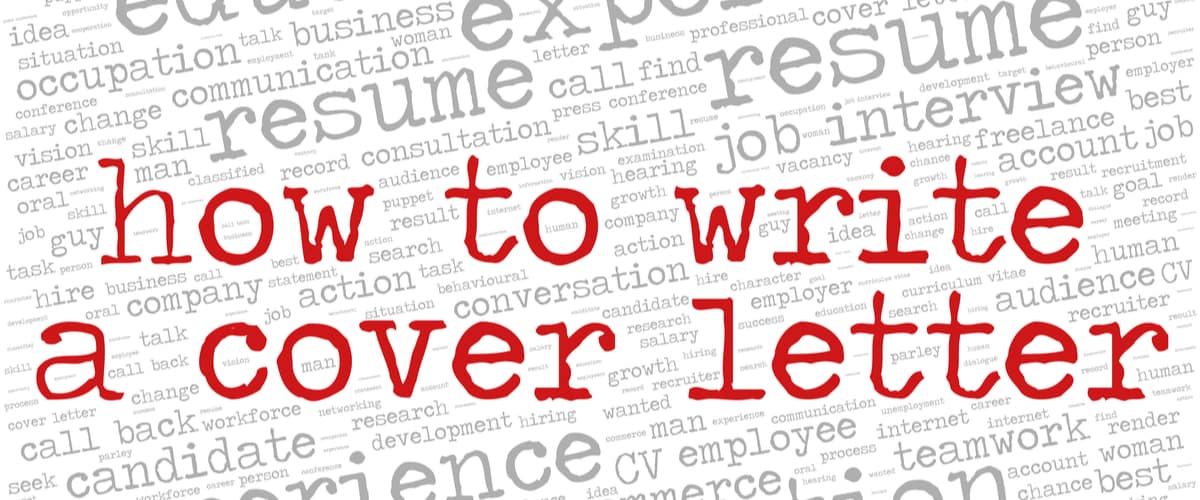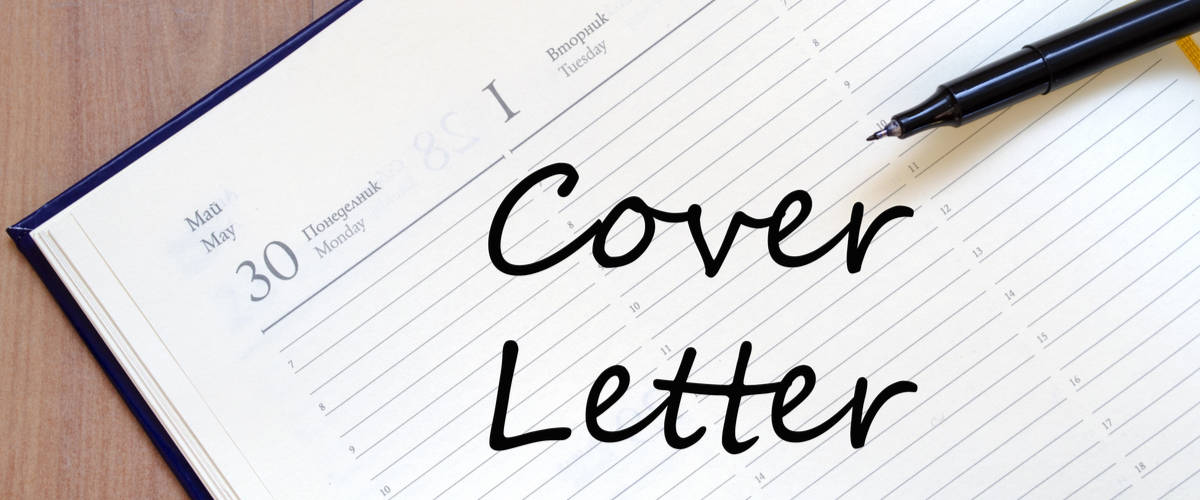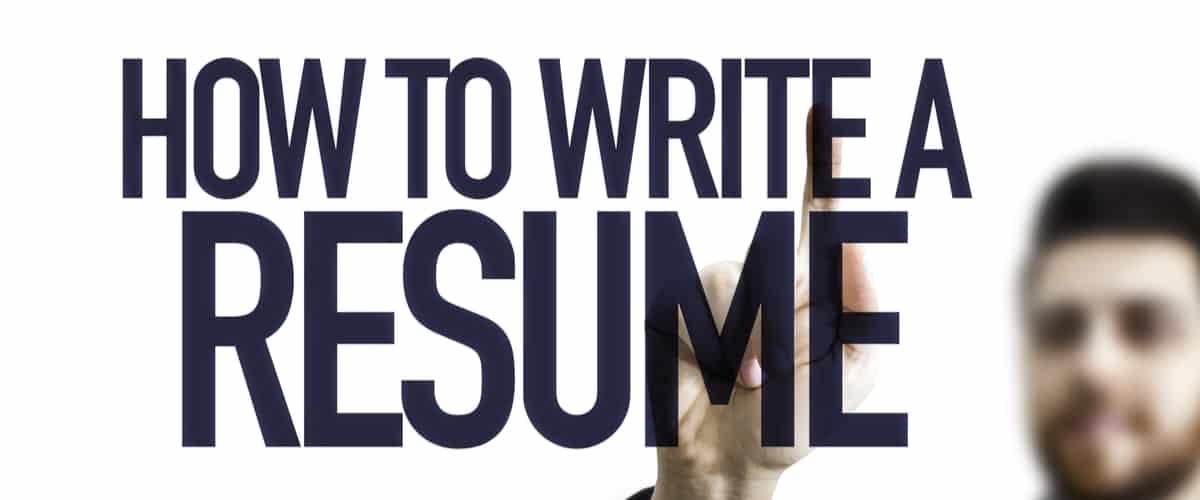
How to Write a Perfect Cover Letter — Top 10 Tips
If you’re starting a job search, you know your resume must stand out from the competition. But did you know your cover letter is just as important? Without a sizzling cover letter, recruiters won’t even look at your resume. It’s the key that opens the door.
Here are the top ten tips for writing a successful cover letter. Make sure it impresses recruiters and hiring managers enough to read your resume so you get that job interview!
TIP #1: Be specific. Don’t use the same cover letter over and over again.
It’s a huge mistake to use the same cover letter for each job you apply for. Instead, tailor it every time so it’s matched to the job description. Take some time to study the required skills and evaluate yours. How does your experience and your skills make you the perfect match?
Let’s say the job requires expert social media skills. If you’ve been on Facebook, Twitter, and Instagram or other platforms, like Pinterest, for a few years, you might be close to an expert. Learn what the pros do and practice those skills, and you can count those years of experience. But a similar job might not want those skills (they might even count them against you), so don’t mention them.
TIP #2: Spell check Is not your friend.
Everyone from middle school students to job applicants make this mistake. They write something, hit spell and grammar check, make the suggested changes, and think they’re done. The problem is that spelling and grammar checkers can’t differentiate between a word that’s spelled wrong and a word that’s spelled right—but isn’t the right word. Do you live in the Untied Stats? Spell check on MS Wired won’t catch that. (Oops! That should be MS Word but spell check lets it slip by.)
Read your cover letter slowly a few times to find typos, missing or incorrect punctuation, or incorrectly used words. Read it backwards, too, one sentence at a time, and read it out loud. And look up any word that you don’t normally use or aren’t sure of. It also helps to get a friend with good grammar and spelling skills to review it.
TIP #3: Use information from the job post to build your template.
You can build part of your cover letter by piecing together parts of the job posting. Recruiters look for particular skills or traits, and mentioning these things show you’re paying attention. Be sure to reword it, though, and write your cover letter in your own way. And make sure you actually have those skills, traits, or abilities!
TIP #4: Be confident but don’t brag.
There’s a fine line between showing off your best attributes and bragging. You just have to be professional about it. Mention your accomplishments, but avoid phrases like “I was the best employee” or “I was the most talented team member.” Don’t say you’re special. Instead, show why you’re so special. Try “increased sales by 90%” or “independently developed a process with 100% success rate.” That’s not bragging. Those are measurable accomplishments that speak for themselves. And recruiters hope you’ll perform the same way in your new position.
TIP #5: A good cover letter must fit on one page.
Great cover letters are all about brevity, and they shouldn’t be longer than three or four paragraphs. The purpose of a cover letter is to attract a recruiter’s interest, after all, and that’s it. From there, they can evaluate your resume and decide whether to interview you or not.
Remember, a long, two- or three-page cover letter won’t help you because recruiters won’t read it. They don’t have time. Recruiters are scanning quickly, and you want to snag their interest so they’ll read the rest. But they’re unlikely to take a two-page cover letter seriously; it shows you didn’t do your homework. And they’ll leave your resume untouched.
TIP #6: Your cover letter is not your resume.
Unfortunately, many job seekers include most of their resume details in their cover letter. Don’t do it—it’s a mistake. The cover letter is a brief introduction that shows you might be the perfect candidate for the job, and if it’s well written, a recruiter will be interested enough to read your resume. And that’s it.
TIP #7: Stay Positive.
A positive attitude is contagious, and the same is true for a negative outlook. Don’t write things like “If I don’t hear from you by a certain day, I will contact you.” That sounds desperate, bossy, and controlling. Even though it may be well-intended, it looks like a lot of negativity you’ll probably bring to a job. If they’re interested, they will contact you.
Keep your language style professional but make it upbeat. Put a smile on your face as you write, and play some happy music. Maintaining a cheerful attitude as you write will have a subtle, positive effect. You’ll barely notice how attitude affects your word choices, but recruiters will.
TIP #8: Use a grown-up’s email address.
Your contact information must demonstrate that you’re a serious adult. That means it’s time to retire those old “handles” like gamerdude029 or funtown78. All you need is some simple combination of your name. Use underscores or periods/full stops if you must. Try using a middle initial or full middle name. Or try last name first, then a period or underscore, then your first name. Add a number or two only if absolutely necessary. But with some experimentation, you shouldn’t have to.
TIP #9: Never apologize for lack of requirements.
Most job posting requirements are a set of guidelines more than absolute rules. If you don’t have a certain skill, don’t apologize. In fact, don’t even mention it—calling attention to it makes you sound anxious and unconfident.
The key phrase in your vocabulary needs to be “transferable skills.” You can use your past skills and experiences to fulfill the new job requirements. And if you’re an independent learner eager to master new skills, all the better. Mention it.
TIP #10: Experience and references aren’t that hard to find.
Even if you’ve never worked a day in your life, you still have some kind of experience and previous “managers” who will vouch for you. Your professors might be willing to write a letter for you. Maybe they’ll respond to email or a phone call and talk about your accomplishments. Or your football coach can discuss how you never missed a practice. Don’t be afraid to ask; they’ve had this request many times before.
Even relatives can act as previous experience if you did odd jobs for them, helped them with projects, or did some sort of work over a period of time. You don’t even need to mention their relationship to you. (Parents or siblings don’t count unless you actually worked in their business.) Regardless of who it is or what kind of work you did, there’s somebody who can testify to your work ethics and past performance.
You can count on Gradsiren to be here when you need expert advice for your job search. Check out our job portal, and be sure to register for free job updates.
Add your questions, thoughts, and experiences in the comment section below!
The information on this site is provided as a courtesy. GradSiren is not a career or legal advisor and does not guarantee job interviews or offers.
Get expert career advice and insights delivered straight to your inbox.

Must Reads SEE ALL ARTICLES

Top 5 tips to design a good Cover Letter

Is an Infographic Resume Right for You?

How to Showcase your Technical Skills in a Resume to Stand-Out from the Rest

Resume Format for On-Campus Placements

Top 7 Skills to Highlight in Resume for Work from Home Jobs






